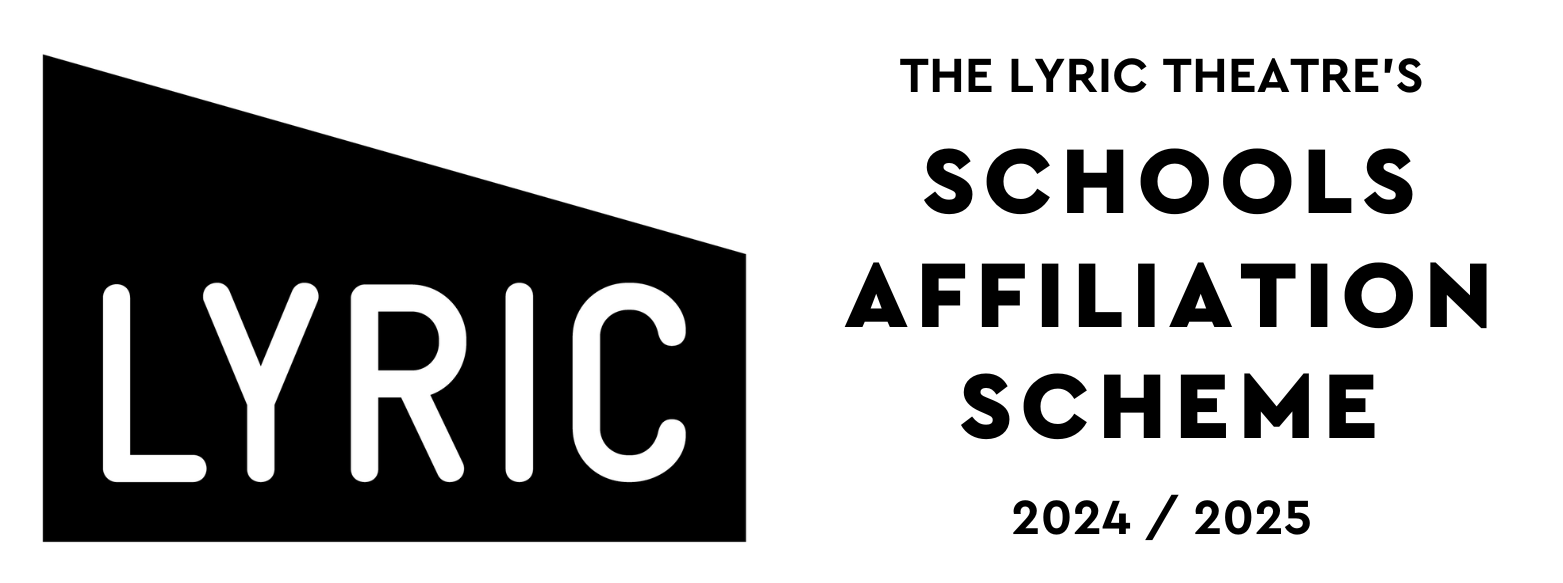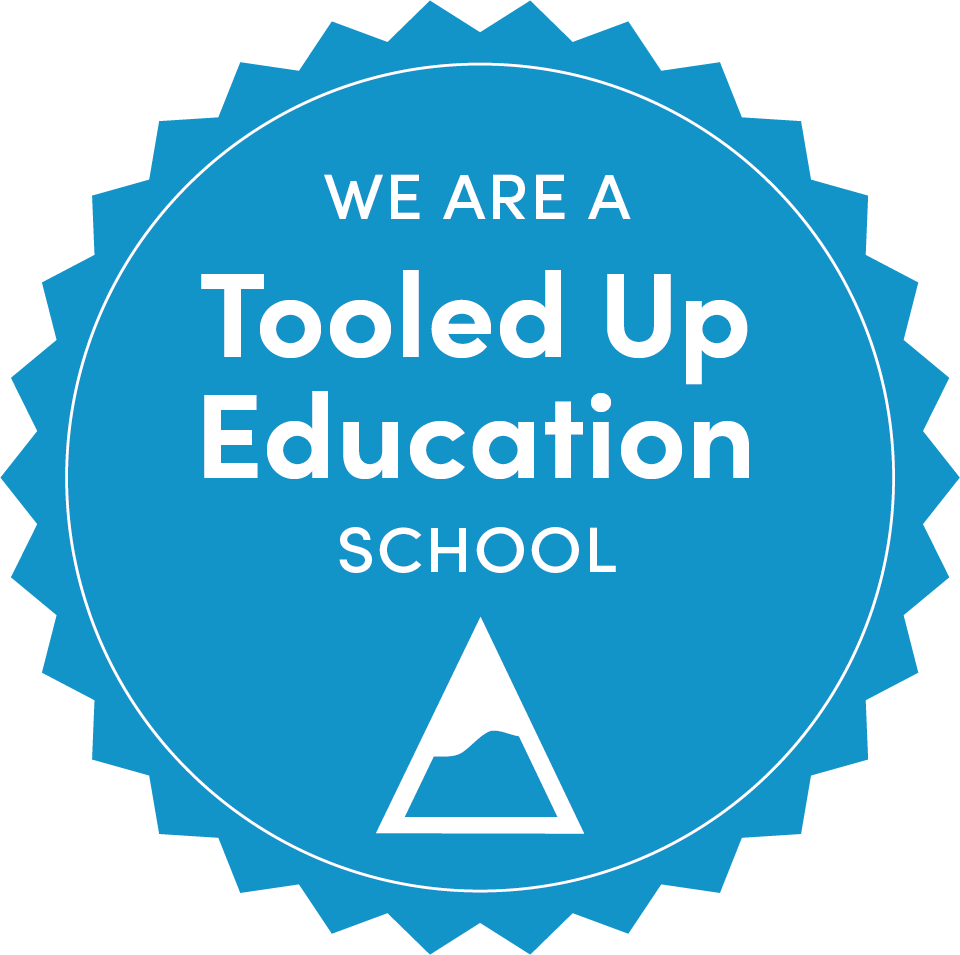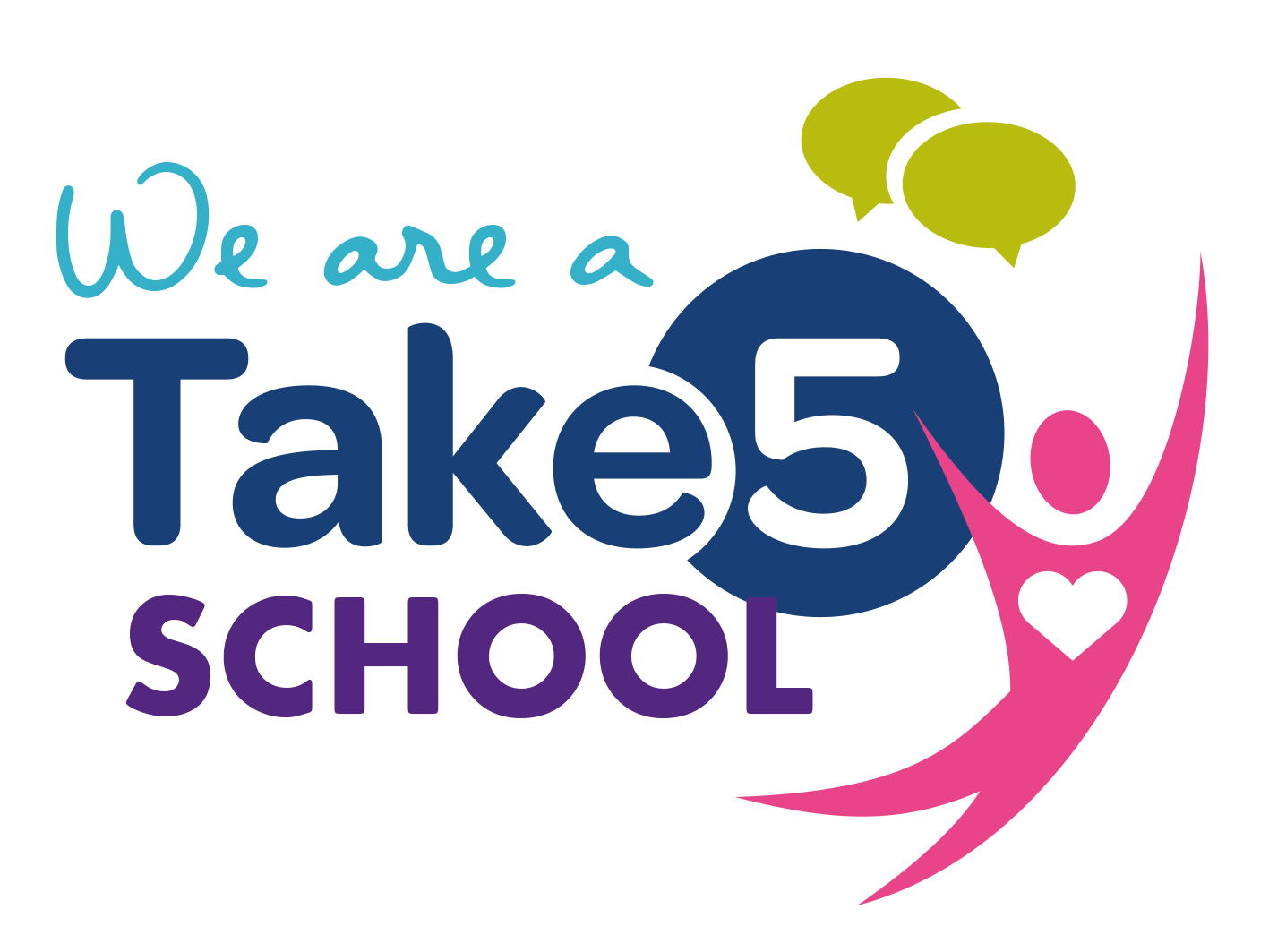Technology and Design
SPECIFIC AIMS OF THE DEPARTMENT
The Technology and Design Department aims to:
-
enable pupils to become confident and responsible in solving real life problems;
-
encourage pupils to strive for creative solutions to real life problems;
-
develop pupils as independent learners, capable of adapting to any given problem or situation;
-
enable pupils to achieve product excellence; and
-
develop pupils’ social consciousness when developing products.
OVERVIEW OF KEY STAGE 3 CURRICULUM
At Key Stage 3, Technology and Design is delivered over three lessons per fortnight. The subject content is delivered through design and manufacture projects where pupils experience areas such as:
-
Product Design
-
Electronics
-
Mechanisms
-
Computer Aided Design
-
Computer Aided Manufacture
-
Materials
-
Workshop Skills
YEAR 8 CURRICULUM
In Year 8, pupils study the following topics:
-
Year 8 Challenge (Problem-Solving)
-
Mini-Light (Electronics)
-
Clipboard Project (Materials)
-
Drawing skills
YEAR 9 CURRICULUM
In Year 9, pupils study the following topics:
-
Bookmark (CAD & CAM)
-
USB Light (Metal Work)
-
Solidworks
YEAR 10 CURRICULUM
In Year 10, pupils study the following topics:
-
Portable Speaker (Electronics and Product Design)
-
Mechanical Toy (Mechanisms and CAD/CAM)
-
Drawing skills
OVERVIEW OF KEY STAGE 4 CURRICULUM
At Key Stage 4, the Technology and Design Department offers Technology and Design at GCSE Level. Pupils follow the CCEA specification. Technology and Design is delivered over six lessons per fortnight.
Unit 1: Theory (25%)
This unit aims to develop pupils’ understanding of design principles, how technological products function and awareness of materials and industrial processes.
This unit is assessed in the form of a written examination.
Topics: Materials & process, Electronics, Mechanisms, Pneumatics, Computer Control
External Exam (1 hour)
Unit 2: Theory - Specialist (25%)
This unit aims to develop pupils’ understanding of Product Design.
This unit is assessed in the form of a written examination.
Topics: Product Design
External Exam (1 hour)
Unit 3: Project (50%)
This unit aims to enable pupils to design and manufacture a product to solve a problem or suit a need.
In this unit, pupils are required to research, design, develop and manufacture a technological product. Pupils will engage in the manufacture product solutions using our workshops including the latest manufacturing technologies: laser cutting, CNC Router and 3D printing.
This unit is assessed in the form of Controlled Assessment. Pupils will have 30 hours to complete the assessment for this unit. Assessment of this unit will take place at the end of Year 12. Pupils’ work in this unit will be internally assessed and externally moderated.
Assessment: Product Design – 10 x A3 page portfolio
Manufactured project – Working model
OVERVIEW OF KEY STAGE 5 CURRICULUM
At Key Stage 5, the Technology and Design Department offers Product Design at AS and A2 Level. Students follow the CCEA specification. At AS and A2 Level Product Design is delivered over eleven periods per fortnight.
At AS Level, students must successfully complete two modules. A further two modules must be successfully completed at A2 Level.
PRODUCT DESIGN
Unit AS 1: Product Design
This unit is a study of product design, including materials and their processing. Product design including; safety, designing, product analysis and improvement and intellectual property rights.
2 hour examination
Unit AS 2: Coursework: Product Development
The emphasis in this unit is on the analysis and development of an existing product, with a view to re-designing either the product or an aspect of it.
Students will produce a 3-dimensional model or prototype which represents the practical outcome of the product analysis and development.
A portfolio should accompany the practical component with written and graphical information produced on not more than 10 A3 sheets. Students can present the portfolio in electronic format.
This unit draws on the knowledge and skills covered in Unit 1 and should represent approximately 45 hours of work. It will be internally assessed and externally moderated.
Assessment: Product Design – 10 x A3 page portfolio
Manufactured project – Working model
Unit A2 1: Product Design
An in-depth study Product Design and Practice including; Environmental issues, marketing, selling products, design and ICT in manufacture and the work of product designers.
2 Hour Examination.
Unit A2 2: Coursework: Product Design and Manufacture
Students will be required to design and manufacture a technological product. They must identify a problem or need and ensure it provides sufficient scope to meet the assessment criteria. A technological product must have an energy source to make it function and include a control system comprising input, process and output (Product design projects will focus primarily on the product not the system). A portfolio should accompany the practical component with written and graphical information produced on not more than 20 A3 pages. Students can present the portfolio in an electronic format.
This unit draws on the knowledge and skills covered in all units but must reflect systems studied in A2 Unit 1. It represents approximately 60 hours of work and will be internally assessed and externally moderated.
Assessment: Product Design – 20 x A3 page portfolio
Manufactured project – Working model
BTEC ENGINEERING
The Pearson BTEC National Extended Certificate in Engineering is an Applied General qualification for post-16. This qualification is intended for post-16 learners who want to continue their education through applied learning and who aim to progress to higher education and ultimately employment. It aims to provide a coherent introduction to study of the engineering sector helping preparer learners for progression to University and or apprenticeships. The qualification is equivalent in size to one A Level.
The four unit BTEC Level 3 Extended Certificate in Engineering provides a specialist work-related programme of study which covers some of the key knowledge and practical skills required in the sector. The BTEC Level 3 Extended Certificate in Engineering introduces learners to the subject knowledge required for a range of technical and professional occupations within Engineering. There are many Engineering disciplines open to those with suitable engineering qualifications and experience.
YEAR 13
Unit 1 - Engineering Principles (Externally Assessed Exam) 33%
Unit 2 - Delivery of Engineering Processes Safely as a Team 17%
YEAR 14
Unit 3 - Engineering Product Design and Manufacture (Externally Assessed Controlled Assessment) 33%
Unit 10 - Computer Aided Design in Engineering 17%
ADDITIONAL SUBJECT INFORMATION
EXTRA-CURRICULAR PROVISION
The Technology and Design Department contributes extensively to the school’s extra-curricular provision. Extra-curricular activities include:
-
Sentinus Young Innovators of the Future Competition
-
Participation in a range of regional, national and international engineering competition.
FACILITIES AND RESOURCES
The Technology and Design Department has two Systems Rooms (designing rooms) equipped with 46 state of art computer-aided design PCs with the latest industrial packages. We also have two fully equipped workshops with traditional and computer control machines, including a CNC laser cutter, CNC router and three 3D printers. These rooms are joined with a Planning Room and foyer area.
CAREERS INFORMATION
Students who studied Technology and Design to A2 Level have pursued university courses and careers in areas such as:
-
Product Design
-
Mechanical Engineering
-
Electronic Engineering
-
Graphic Design
-
Civil Engineering
-
Quantity Surveying
-
Teaching
-
Architecture
-
Set and Special Effects Engineer
-
Biomedical Engineer
-
Computer Operator
-
Telecommunications Engineer
-
Computer Programmer
-
Web Designer
-
Inventor
-
Network and Communications Analyst
-
Construction
-
Interior Designer
-
Manufacturing Engineer
-
Automotive Engineer









